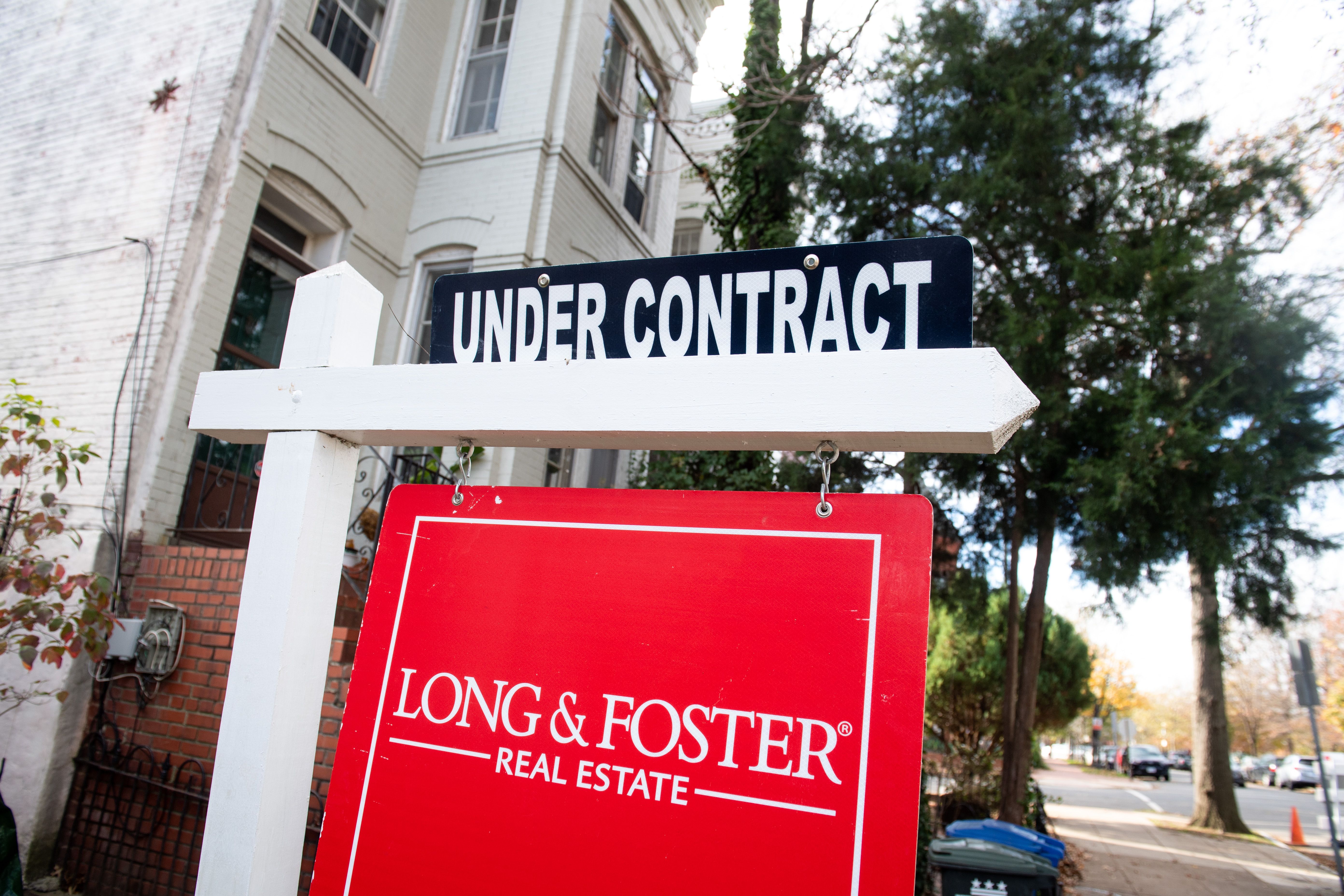Is the housing boom now a housing bubble?
And more of the week's best financial insight

Here are three of the week's top pieces of financial insight, gathered from around the web:
Skip the AmEx Platinum card
Do you really need to spend nearly $700 a year for an American Express Platinum card? asked Alexis Leondis at Bloomberg. AmEx's decision to bump the fee from $550 to $695 should give you some pause if you "continue to be wary of frequent travel or big trips due to COVID-19." AmEx Platinum's edge over competitors has always been the premium lounge access at airports. "But the lounges have had problems with overcrowding and are going to start requiring additional fees to bring guests or family members." Other than that, "Platinum's existing benefits are pretty much in line with other cards of its ilk, despite its higher fee." The AmEx Gold card offers "much better rewards points for spending in general" and has an annual fee of $250.
The Week
Escape your echo chamber. Get the facts behind the news, plus analysis from multiple perspectives.

Sign up for The Week's Free Newsletters
From our morning news briefing to a weekly Good News Newsletter, get the best of The Week delivered directly to your inbox.
From our morning news briefing to a weekly Good News Newsletter, get the best of The Week delivered directly to your inbox.
Is this now a housing bubble?
Some Federal Reserve officials are concerned that the housing boom is beginning to look like a bubble, said Jeanna Smialek at The New York Times. Robert Kaplan, president of the Federal Reserve Bank of Dallas, said last week that he was becoming "nervous" about the conditions of the housing market. "Several of Kaplan's colleagues harbor similar concerns." Home prices are rising at a double-digit pace this year. Some feel that the central bank's big purchases of mortgage bonds "could be helping to inflate" the market by keeping mortgages cheap, "inspiring people to borrow more and buy bigger." That's leading to bidding wars and frustration among buyers eager for more space. Reining in the Fed's spending because of housing specifically, however, could "slow the overall economy" and lead to job losses.
More big firms invest in startups
Giant money-management firms are on pace to double last year's record in startup financing, said Heather Somerville at The Wall Street Journal. In total, $150 billion was invested in startups in the first half of 2021 — more than the amount in any full year before 2020. Most of that cash has not come from traditional venture-capital firms. Three-quarters of it has been invested by "hedge funds, mutual funds, pensions, sovereign-wealth groups, and other nontraditional venture investors" who have been left with "massive pools of capital" thanks to the IPO boom. Some old-line VC firms are now feeling more pressure to move quickly, "cutting back on audits and customer checks, and taking a startup's word on profit and losses."
A free daily email with the biggest news stories of the day – and the best features from TheWeek.com
This article was first published in the latest issue of The Week magazine. If you want to read more like it, you can try six risk-free issues of the magazine here.
-
 5 editorial cartoons about ICE killing Renee Nicole Good
5 editorial cartoons about ICE killing Renee Nicole GoodCartoons Artists take on ICE training, the Good, bad, ugly, and more
-
 Political cartoons for January 10
Political cartoons for January 10Cartoons Saturday’s political cartoons include a warning shot, a shakedown, and more
-
 Courgette and leek ijeh (Arabic frittata) recipe
Courgette and leek ijeh (Arabic frittata) recipeThe Week Recommends Soft leeks, tender courgette, and fragrant spices make a crisp frittata